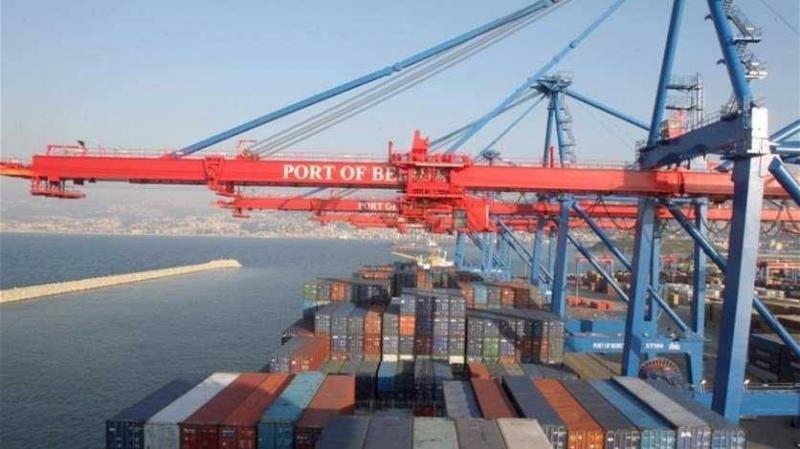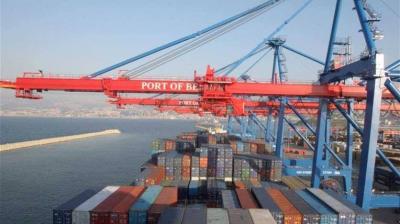There has been much speculation lately regarding the exchange rate for the customs dollar, with figures like 6000, 12000, 15000, or referencing the Sayrafa dollar or the parallel market dollar. However, it is certain that the approval of the customs dollar is no longer far off, and there will be a basket of goods exempt from the new pricing. Informed sources revealed to "Al-Jumhuriya" that during the recent meeting of the "ministerial committee tasked with addressing the repercussions of the financial crisis," chaired by caretaker Prime Minister Najib Mikati, the issue of the customs dollar was raised. Mikati informed attendees that during his participation in the Finance and Budget Committee meeting, chaired by Ibrahim Kanaan, the adoption of a 12,000 lira rate for the customs dollar was proposed. Consequently, the final number is pending approval by the Finance and Budget Committee.
The sources stated, "It is true that during the meeting at the Grand Serail, some ministers suggested raising the customs dollar rate to 15,000 to increase state revenues. However, in the end, we all know that the ministerial committee does not have the authority to make this decision, as such a decision must be issued by a decree to be officially adopted." In response to a question, the sources confirmed that the possibility of adopting the Sayrafa dollar for customs dollar pricing has been dismissed, with the likelihood leaning toward adopting the 12,000 lira rate. Nonetheless, some voices are calling for the adoption of the 15,000 rate, noting that the final decision on this matter will ultimately be up to the Parliament.
Regarding whether the approval of the customs dollar is approaching, the sources confirmed: "The approval of the customs dollar is now very close. The country can no longer afford to operate without approving a budget, especially since treasury revenues are at zero. Hence, the search for revenues has become more than urgent, and the customs dollar is one of the important avenues for revenue. It is also unacceptable for merchants to declare according to the 1500 lira dollar while pricing according to over 30,000 lira."
The sources emphasized that some political entities have reservations about the customs dollar and have previously offered alternative proposals. But what can be done if their proposals are not accepted? The objection to the customs dollar is particularly attributed to the fact that as soon as some traders heard about the increase in the customs dollar, they began using it in their pricing and profiting without justification, while the customs dollar has not yet been approved. Thus, the Lebanese experience with controlling smuggling is not encouraging. As a result, some have called for controlling smuggling operations first before proceeding with the customs dollar.
Regarding whether the customs dollar will apply to all goods, the sources revealed that there are about 600 items that will be exempt from the customs dollar, which will apply only to luxury items and not to basic necessities, most of which are food items. They pointed out that there is still no decision on whether all goods that include VAT will be subject to the customs dollar.




